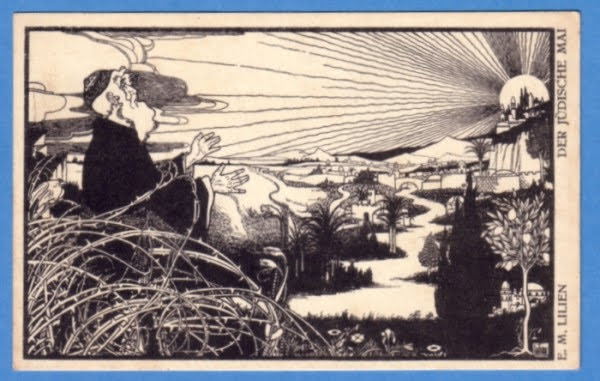#MyJewishValues No. 36

(Broken Fingaz, a Jewish mural with Yiddish lettering, Warsaw, Poland, circa 2014) This is my last post in this series, and there's a good reason for that. In Judaism, letters also have a numerical value. Aleph is 1, Bet is 2, etc. The letter Chet is 8 and the letter Yud is 10, giving us the number 18 and the word "chai" for life. 18 plus 18 is 36, which is known as a "double chai." It's an auspicious and lucky number, the perfect way to complete this. Over the course of my various posts, I've highlighted the following: Middot: Hebrew for values, personal characteristics, traits, or virtues, but literally means measure or norms. Tikkun middot is personal self-growth through this process of cultivating moral traits. See the 48 list . Mitzvah: a commandment, one of 613 mitzvot, but also generally means a good deed with a focus on actions over thoughts or intentions. Hashkafa: the Hebrew term for worldview and guiding philosophy, your ideology. It's a p...






